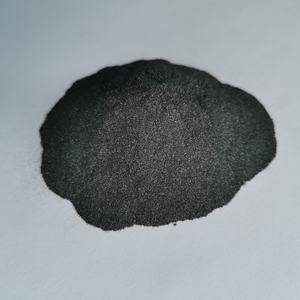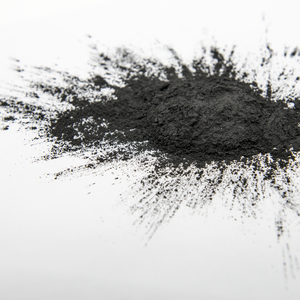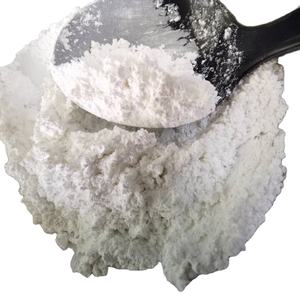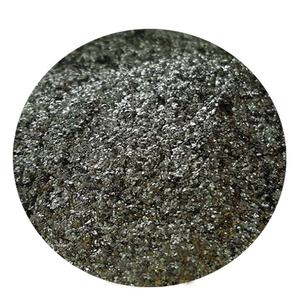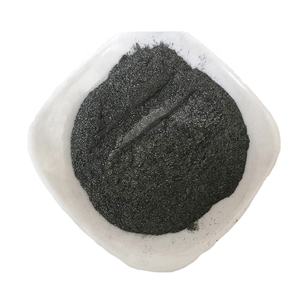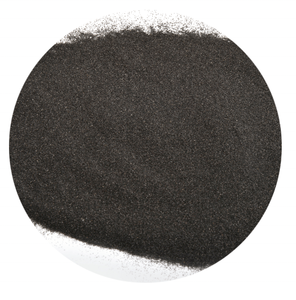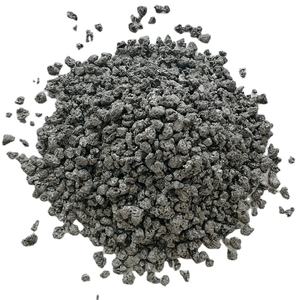Professional graphite material supplier, graphite for EV, grease, furnace and any other industries.
(How useful the graphite is)
What is graphite?
Graphite is a allotrope of carbon, gray black, opaque solid, stable chemical properties, corrosion resistance, with acid, alkali and other agents is not easy to react. Natural graphite from graphite mineral deposits, but also to petroleum coke, asphalt coke as raw materials, after a series of processing and made of artificial graphite. In addition, in ancient times, graphite is another name for coal. Graphite is a transitional crystal between atomic crystal, metal crystal and molecular crystal.
What are the characteristics of graphite?
High temperature resistance
The melting point of graphite is extremely high, which is 3850±50 degrees Celsius in vacuum. Then sublimation under low pressure, the sublimation temperature is 2200 degrees Celsius. Different from general high temperature resistant materials, graphite not only does not soften when the temperature rises, but its strength increases instead. At 2500 degrees Celsius, the tensile strength of graphite is doubled compared to room temperature.
Thermal conductivity and electrical conductivity
Because the carbon atoms on the hexagonal mesh plane layer have residual electrons, and the residual electrons of carbon atoms on the adjacent planes exist between the mesh planes as electron clouds, so that graphite has good thermal conductivity and Conductivity. The thermal conductivity of graphite is just the opposite of that of general metal materials. It has a very high thermal conductivity at room temperature, but when the temperature rises, the thermal conductivity decreases. At extremely high temperatures, graphite even becomes a thermal insulator.
Special seismic performance
The expansion of graphite is anisotropic, so the macroscopic expansion coefficient is not large. In the case of sudden temperature changes, the volume of graphite does not change much; coupled with its good thermal conductivity, graphite has excellent thermal shock resistance.
Lubricity
There are Van der Waal forces between the graphite layers, and the bonding force is weak, making it lubricious. The lubricity of graphite depends on the size of the graphite flakes. The larger the scale, the smaller the friction coefficient and the better the lubricity.
Good chemical stability and corrosion resistance: Graphite has good chemical stability at room temperature, and is not eroded by any strong acid, strong alkali and organic solvent; the carbon atoms in the graphite layer are covalently bonded. Combined, the surface energy of the graphite phosphorus sheet is very low, it is not wetted by the molten slag, and the corrosion resistance is extremely strong. However, graphite is easily oxidized in the air, and anti-oxidation measures should be taken when it is used in carbon-bonded refractory materials.
Applications of graphite
Graphite can be used as anti-wear agent, lubricant, high-purity graphite as neutron moderator in atomic reactor, can also be used to manufacture crucibles, electrodes, brushes, dry batteries, graphite fibers, heat exchangers, coolers, electric arc furnaces, Arc lamps, pencil leads, etc.
High quality graphite supplier
Luoyang Moon & Star New Energy Technology Co., LTD, founded on October 17, 2008, is a high-tech enterprise committed to the research and development, production, processing, sales and technical services of lithium ion battery anode materials, we are high quality graphite supplier.
Our Company has a diversified product structure with natural graphite, artificial graphite, composite graphite, intermediate phase and other negative materials (silicon carbon materials, etc.). The products are widely used in high-end lithium ion digital, power and energy storage batteries.
If you are looking for graphite powder, please contact us. Or click on the needed products and send us an inquiry:sales@graphite-corp.com
(How useful the graphite is)

